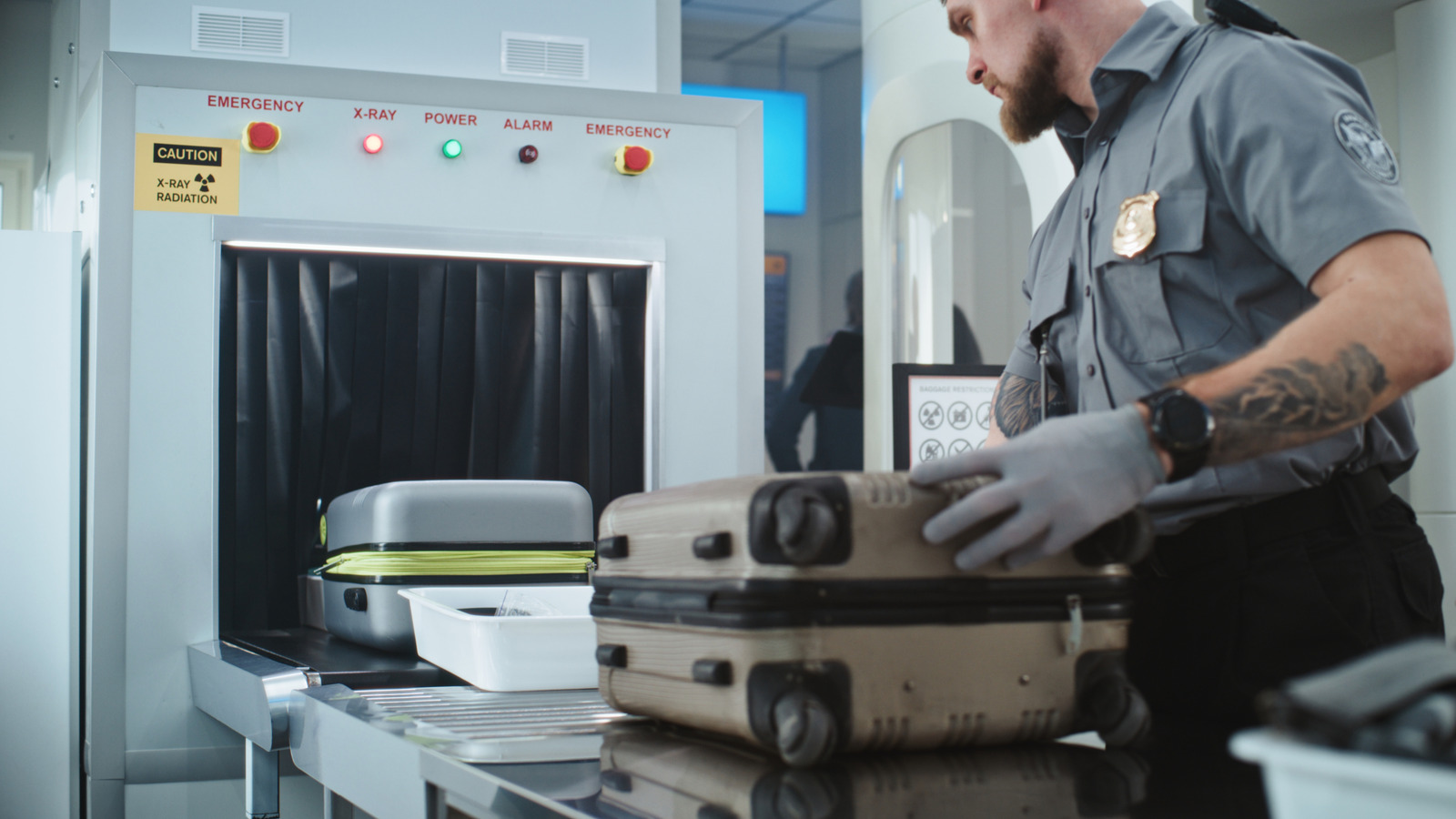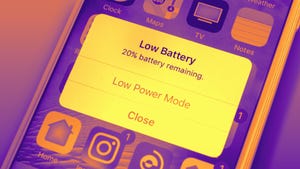These days, we don’t go anywhere without our smartphones, and if we are traveling by airplane for business purposes, then our laptops may be essential to bring with us. However, the Transportation Security Administration (TSA) travel rules can leave us worried about what we can and can’t bring, as well as how thoroughly our items will be checked — for example, the TSA lets you travel with AirTag, but some other battery-powered trackers may not be permitted. This concern becomes even more pronounced when it comes to the personal and sensitive information stored on our laptops and phones.
Despite the long and often annoying process of TSA screenings, they were created with safety in mind. TSA was first established after the terrorist attacks of September 11, 2001. One reason why TSA takes specific precautions around laptops is because of an incident in February 2016 in Somalia, where a bombing attempt was made on Daallo Airlines. An explosive was hidden inside a laptop that passed through the X-ray screening undetected. It exploded during the flight, injuring two people and killing the alleged bomber himself.To clarify, the incident isn’t directly related to TSA, but they took a lesson from that.
When it comes to laptop and phone inspections, TSA can evaluate them up to a point. They will conduct a basic inspection, but nothing in-depth and nothing involving personal data. However, customs can become very personal and may even copy data from your devices if they deem it necessary.
However, the Transportation Security Administration (TSA) travel rules can leave us worried about what we can and can’t bring, as well as how thoroughly our items will be checked — for example, the TSA lets you travel with AirTag, but some other battery-powered trackers may not be permitted.
Despite the long and often annoying process of TSA screenings, they were created with safety in mind.
An explosive was hidden inside a laptop that passed through the X-ray screening undetected.
When it comes to laptop and phone inspections, TSA can evaluate them up to a point.
They will conduct a basic inspection, but nothing in-depth and nothing involving personal data.
These days, we don’t go anywhere without our smartphones, and if we are traveling by airplane for business purposes, then our laptops may be essential to bring with us. However, the Transportation Security Administration (TSA) travel rules can leave us worried about what we can and can’t bring, as well as how thoroughly our items will be checked — for example, the TSA lets you travel with AirTag, but some other battery-powered trackers may not be permitted. This concern becomes even more pronounced when it comes to the personal and sensitive information stored on our laptops and phones.
Despite the long and often annoying process of TSA screenings, they were created with safety in mind. TSA was first established after the terrorist attacks of September 11, 2001. One reason why TSA takes specific precautions around laptops is because of an incident in February 2016 in Somalia, where a bombing attempt was made on Daallo Airlines. An explosive was hidden inside a laptop that passed through the X-ray screening undetected. It exploded during the flight, injuring two people and killing the alleged bomber himself.To clarify, the incident isn’t directly related to TSA, but they took a lesson from that.
When it comes to laptop and phone inspections, TSA can evaluate them up to a point. They will conduct a basic inspection, but nothing in-depth and nothing involving personal data. However, customs can become very personal and may even copy data from your devices if they deem it necessary.



